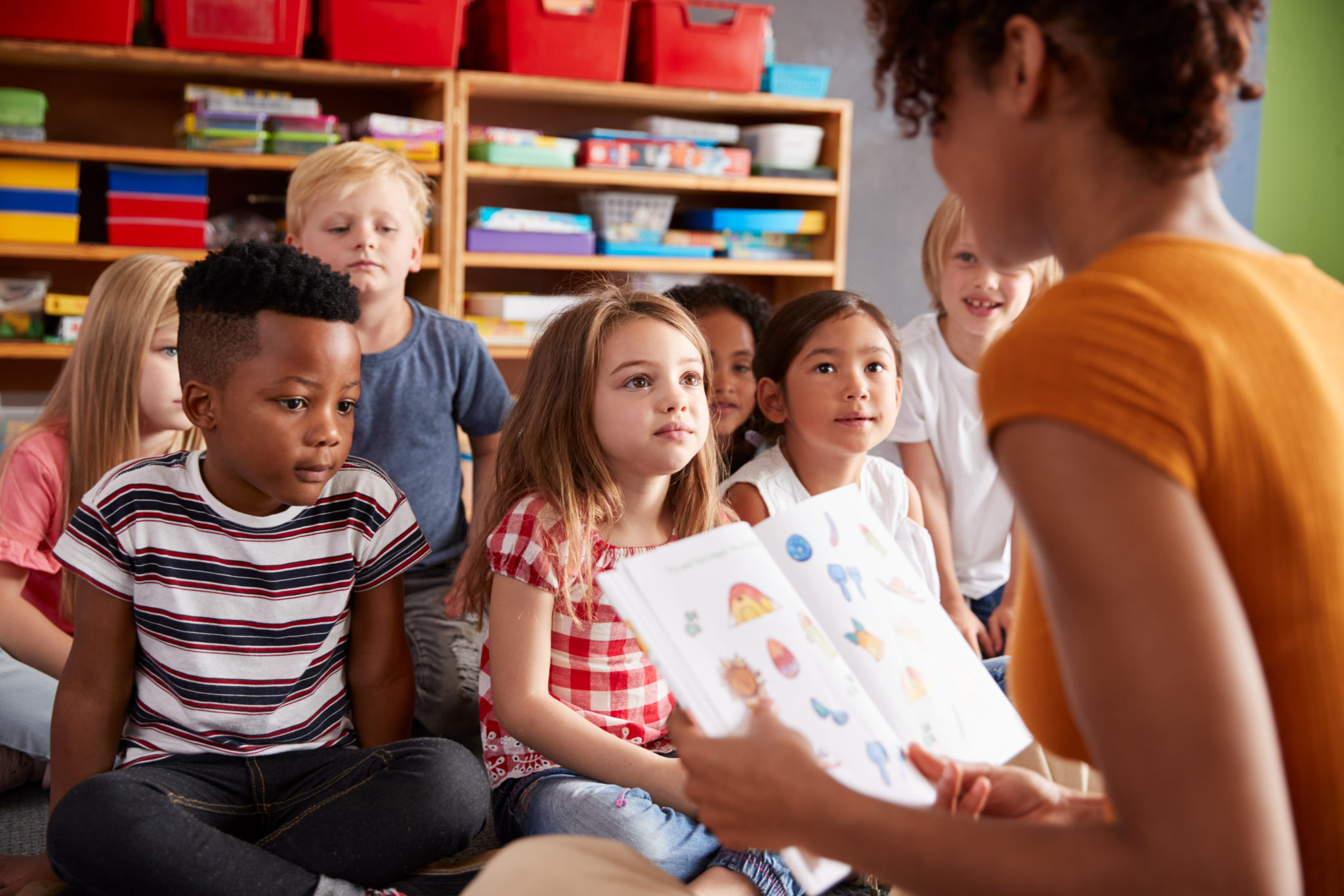Like everyone likely to check out this page, I’m a reader.
I’ve been at it for 70 years now, ever since my mum introduced me to Rupert the Bear. Once I’d sussed that the squiggles in Rupert books built into words – giving immediate access to stories – I was hooked. Well, who wouldn’t be?
I didn’t know I was one of the lucky kids whose brain is somehow ‘naturally’ adapted to phonetic encoding. I just got stuck in and read for all I was worth. My granny found it worrying.
‘Our Sue,’ she said. ‘You’ve always got your nose stuck in a book. Get out and play with the other kids or you’ll go funny.’ I was therefore often turfed outdoors to play. This was also good fun, not least because stories from books were excellent starting points for Let’s Pretend.
Yes, looking back, I was very lucky indeed.
The getting of literacy
By my middle twenties I was a teacher, dedicated to helping primary children learn to read. Some of them got it pretty quickly and were soon addicted. Others struggled. Why?
In my thirties, I was back at university, devouring research papers on literacy acquisition – was it just a case of ‘turning children on to books’ and waiting for the magic to happen… or did they need careful training in phonics, word recognition and sentence structure?
By my forties I was a literacy specialist, churning out scores of textbooks and teacher’s books on the ‘how’ of reading and writing, and hundreds of articles for the educational press about research and practice. I became the primary literacy consultant for the BBC (anyone remember Magic Pencil on Words and Pictures? I ghosted for him for years). England launched a National Literacy Strategy and I wrote stuff for them and travelled the country telling teachers how to teach literacy.
We experts knew so much about ‘the getting of literacy’ by this time that every single child in Britain should have been reading like an angel. So why the hell weren’t they? Why was ‘the long tail of under-achievement’ getting longer every day? And why were there so many dyslexic children, not to mention children with attention deficit disorder?
‘Education, education, education’ was the slogan of the time. It was up to us literacy specialists to make it work… and we couldn’t.
Development, development, development
In 1998, when I was fifty, the Times Education Supplement sent me to interview a researcher whose findings on the deterioration of young children’s language skills were causing national concern. Well, I thought, if children can’t talk they certainly won’t learn to read.
‘Why is this happening?’ I asked.
‘It’s a mixture of all sorts of things,’ she replied. ‘Childhood’s changing very rapidly and we haven’t worked out the best way to support early development.’
So now I started reading books about child development and interviewing experts on everything connected with development – nutrition, play, sleep, communication, parenting, childcare, education… and ‘modern’ things like media, marketing and ‘screen-time’.
The resulting book (Toxic Childhood, 2006) made me quite famous for about twenty minutes. But, since it suggested all was not for the best in the best of all possible worlds, it was rejected by the zeitgeist and I sank back into obscurity.
The bad news and the good news
OK, all you writers who need readers, let’s deal with the bad news first. Some lucky children still learn to read easily because they’re wired that way, but nowadays the unlucky majority see little point in reading because they already have access to stories – and many other forms of entertainment – via screen-based media.
To make up for lack of genetic predisposition in this unlucky majority, schools now work really hard to teach decoding skills as early as possible. But efficient decoding isn’t enough: to develop the reading fluency that makes burying oneself in a book so pleasurable, children need immense amounts of practice. Which means they need to be motivated to read (which takes effort) rather than stare at a screen (which doesn’t).
And you can’t teach motivation.
OK, on to the good news. All children are naturally wired and motivated to learn. They are also motivated to recognise patterns and solve problems – very helpful for decoding squiggles. (After twenty years researching child development, I could bore you for hours with all the other skills and capacities they’re naturally motivated to develop, like social skills, memory skills, self-regulation, emotional resilience, creativity, curiosity, adaptability… ah well… maybe another time.)
The natural, human, inborn drive by which children develop these skills is known as ‘play’.
My granny was a wise woman. If children don’t play, there’s a really good chance they’ll go funny.
Play is the way
Until I was about forty, all children played out. We didn’t know then how important it was. Ironically, the scientific evidence about the power of play accumulated over exactly the same period that children’s active, social, outdoor play declined.
Countries with kindergarten systems, prioritising play-based learning until children are six or (preferably) seven, have higher literacy levels than the UK, where we closet weans in classrooms at four or five and teach them phonics. They also have higher levels of childhood well-being. Research increasingly shows that, during the first seven years, children need time, space and non-judgemental adult care to develop the innate skills and capacities that make our species so good at learning.
Scotland is one of only 12% of countries worldwide that sends children to school at this ridiculously early age. Many Primary 1 children still haven’t got to grips with spoken language when we start testing their literacy skills. It’s madness. We need a kindergarten stage.
In a screen-based culture, prioritising play in the early years is the best way to produce self-motivated, problem-solving, linguistically-competent, curious learners – learners who’ll want to pick up a book. Learners who are motivated to make sense of the squiggles and practise their skills.
Not every child can be lucky. But we can give every child the best possible chance of being a reader.






From the earliest years of their lives, children learn by desiring to do the things they see people older than them can do. Babies start to learn to talk and walk because they see others doing these things, and try to do them themselves. Good parents guide their young to do these things effectively, but the motivation to do them comes from within the child emulating both their parents and children older than they are. In terms of reading, then, the problem of children not reading today probably lies more with children not seeing adults around them enjoying reading, than… Read more »
An excellent piece. Conclusions based on huge experience, observation, research, reading and different types of evidence. My own lifetime of working with and around children has lead me to the exact same understanding: play (in many forms) is essential to development and happiness. Ah, if only the decision makers took the trouble to notice that what are doing is not working…